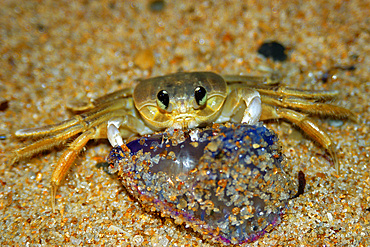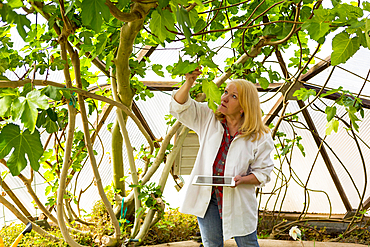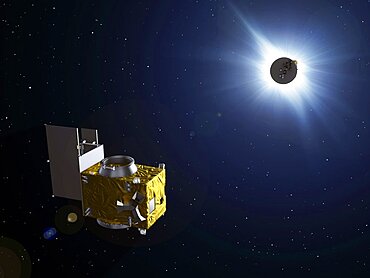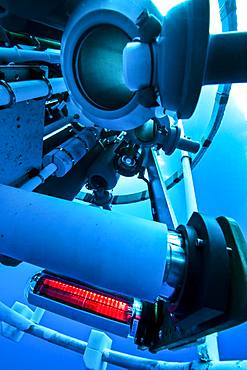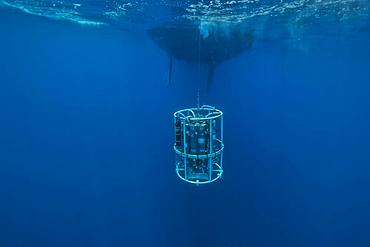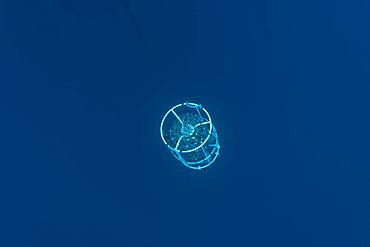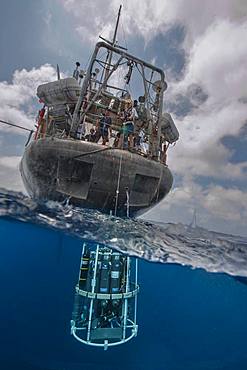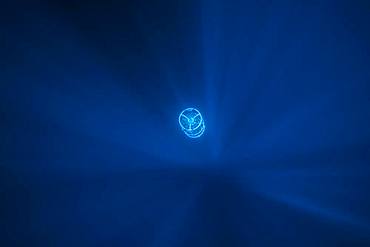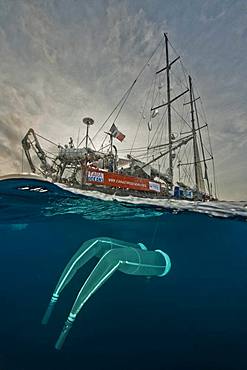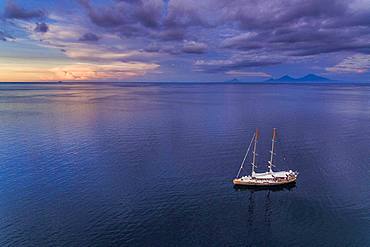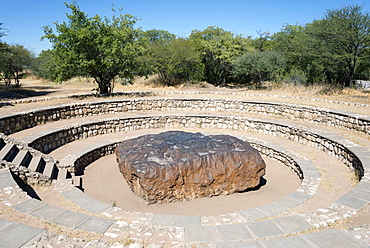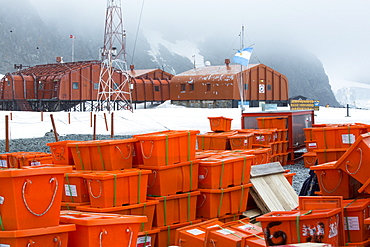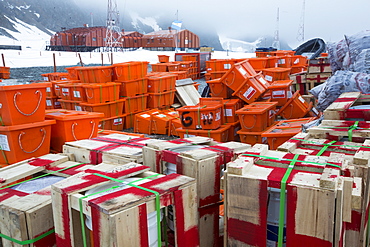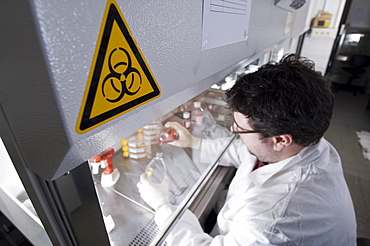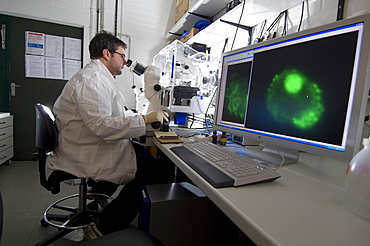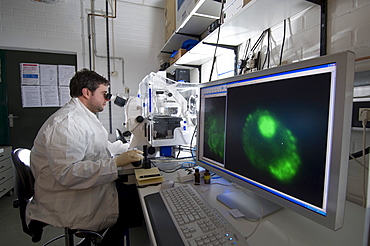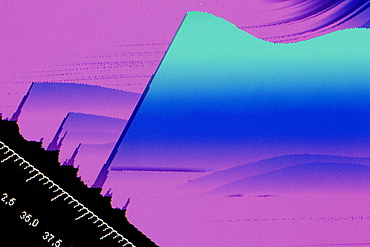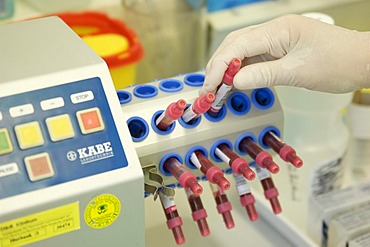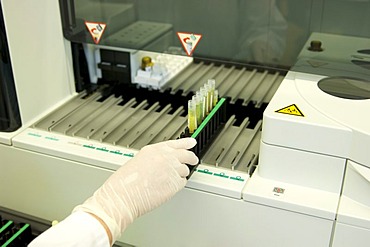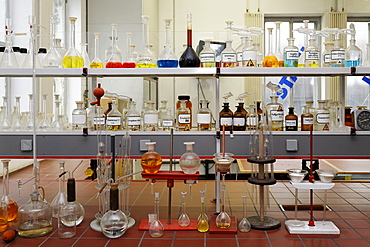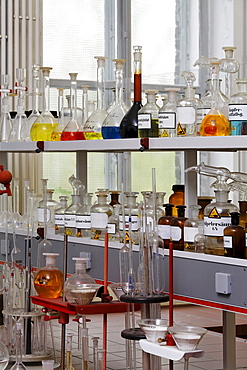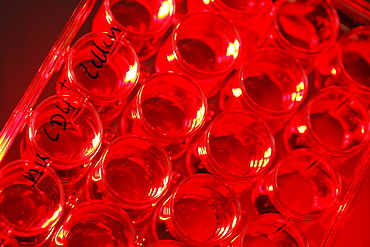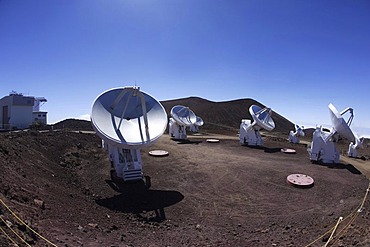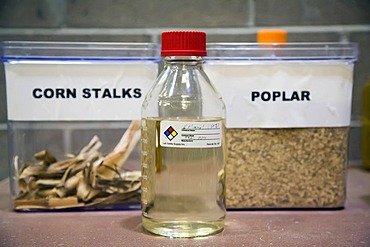Recent searches
Loading...
1348-5559 - Asian young man student scientist researching and learning in a laboratory.
1348-3459 - Reportage at the Neuroimaging research centre in Pitie Salpetriere hospital in Paris, France
1348-3456 - Reportage at the Neuroimaging research centre in Pitie Salpetriere hospital in Paris, France
1350-3494 - Person with a safety suit in a forest area. Ayegui, Navarre, Spain, Europe
1350-3492 - Person with a safety suit lying down in a flowers carpet in a forest area. Ayegui, Navarre, Spain, Europe
1350-3493 - Person with a safety suit in a forest area. Ayegui, Navarre, Spain, Europe
1350-2316 - Crab preying on dead portuguese man-of-war, Physalia physalis, Praia do Forte, Bahia, Brazil (South Atlantic)
1178-35992 - Caucasian scientist using digital tablet in greenhouse
1178-35991 - Caucasian woman watering garden in greenhouse
1178-35993 - Caucasian scientist using digital tablet in greenhouse
1178-35989 - Caucasian woman gardening in greenhouse
1178-35994 - Caucasian scientist using digital tablet in greenhouse
1178-33211 - Mixed race scientist using digital tablet in laboratory
1178-33212 - Mixed race scientist dropping leaf in test tube
1178-33207 - Mixed race scientist pipetting liquid into test tubes in laboratory
1178-33209 - Close up of liquid on dropper over petri dish
1178-33208 - Close up of liquid on dropper over petri dish
1178-34467 - Paraplegic student working with classmate in science classroom
1178-33210 - Mixed race scientist using digital tablet in laboratory
1349-764 - Sentinel-1B satellite deployment, artwork
1116-49672 - A research diver from the MOC Marine Institute glues broken coral back together at Molokini Marine Preserve off the island of Maui, Hawaii. The coral is tagged and will be monitored, Maui, Hawaii, United States of America
1116-49671 - Research divers from the MOC Marine Institute map out coral damage at Molokini Marine Preserve off the island of Maui, Hawaii. In the future, data from here will help to determine the health of Hawaii's reefs, Maui, Hawaii, United States of America
1116-49673 - Research divers from the MOC Marine Institute glue broken coral heads back together and map out coral damage at Molokini Marine Preserve off the island of Maui, Hawaii. In the future, data from here will help to determine the health of Hawaii's reefs, Maui, Hawaii, United States of America
832-384530 - Federal Research Institute for Animal Health, aerial view, Riems Island, Mecklenburg-Western Pomerania, Germany, Europe
860-287453 - Tara Oceans Expeditions - May 2011. CTD-Rosette (Conductivity Temperature Density instrumental platform with 7 additional sensors), Galapagos
860-287454 - Tara Oceans Expeditions - May 2011. CTD-Rosette (Conductivity Temperature Density instrumental platform with 7 additional sensors), galapagos
860-287451 - Tara Oceans Expeditions - May 2011. Surface plancton nets, deployed from Tara, Galapagos
860-287455 - Tara Oceans Expeditions - May 2011. CTD-Rosette (Conductivity Temperature Density instrumental platform with 7 additional sensors), Galapagos
860-287452 - Tara Oceans Expeditions - May 2011. CTD-Rosette (Conductivity Temperature Density instrumental platform with 7 additional sensors)
860-287456 - Tara Oceans Expeditions - May 2011. CTD-Rosette (Conductivity Temperature Density instrumental platform with 7 additional sensors), Galapagos
860-287449 - Tara Oceans Expeditions - May 2011. Surface plancton nets, deployed from Tara, Galapagos
860-287450 - Tara Oceans Expeditions - May 2011. Tara with deployed plancton nets. On "station", the boat is drifting without engine or sails. Tara Oceans, a unique expedition: Tara Oceans is the very first attempt to make a global study of marine plankton, a form of sea life that includes organisms as small as viruses and bacterias, and as big as medusas. Our goal is to better understand planktonic ecosystems by exploring the countless species, learning about interactions among them and with their environment. Marine plankton is the only ecosystem that is almost continuous over the surface of the Earth. Studying plankton is like taking the pulse of our planet. Recently, scientists have discovered the great importance of plankton for the climate: populations of plankton are affected very rapidly by variations in climate. But in turn they can influence the climate by modifying the absorption of carbon. In a context of rapid physico-chemical changes, for example the acidification observed today in the world's oceans, it is urgent to understand and predict the evolution of these particular ecosystems. Finally, plankton is an astonishing way of going back in time ? a prime source of fossils. Over the eons, plankton has created several hundred meters of sediment on the ocean floors. This allows us to go back in time, to the first oceans on Earth, and better understand the history of our biosphere. More than 12 fields of research are involved in the project, which will bring together an international team of oceanographers, ecologists, biologists, geneticists, and physicists from prestigious laboratories headed by Eric Karsenti of the European Molecular Biology Laboratory. Galapagos
860-287439 - Tara Pacific expedition - november 2017 Tara in Kimbe Bay, papua New Guinea, H: 103,6 m, mandatory credit line: Photo: Christoph Gerigk, drone pilot: Guillaume Bourdin - Tara Expeditions Foundation
832-381904 - Observatory of the Roque de los Muchachos at sunset, Parque Nacional de la Caldera de Taburiente, La Palma, Canary Islands, Spain, Europe
832-381032 - Milky Way above Halema'uma'u crater eruption, Kilauea volcano, Hawai'i Volcanoes National Park, Big Island of Hawai'i, USA, North America
832-380481 - Hoba Meteorite, Grootfontein, Namibia, Africa
832-378751 - Chempark Dormagen with steaming chimneys in the morning light, production, research and services companies, chemical industry, Cologne, Rhineland, North Rhine-Westphalia, Germany, Europe
860-285137 - Banding Firecrest captured by net, France
860-285423 - Guanay Cormorant colony, Pescadores guano island Peru
860-283871 - Lesser Spotted Woodpecker hanging, Alsace France
860-285139 - Banding Firecrest captured by net, France
911-10735 - Base Orcadas is an Argentine scientific station in Antarctica, and the oldest of the stations in Antarctica still in operation. It is located on Laurie Island, one of the South Orkney Islands, just off the Antarctic Peninsular. The Antarctic Peninsular is one of the fastest warming places on the planet.
911-10740 - Supplies at Base Orcadas which is an Argentine scientific station in Antarctica, and the oldest of the stations in Antarctica still in operation. It is located on Laurie Island, one of the South Orkney Islands, just off the Antarctic Peninsular. The Antarctic Peninsular is one of the fastest warming places on the planet.
911-10737 - Supplies at Base Orcadas which is an Argentine scientific station in Antarctica, and the oldest of the stations in Antarctica still in operation. It is located on Laurie Island, one of the South Orkney Islands, just off the Antarctic Peninsular. The Antarctic Peninsular is one of the fastest warming places on the planet.
911-10734 - Base Orcadas is an Argentine scientific station in Antarctica, and the oldest of the stations in Antarctica still in operation. It is located on Laurie Island, one of the South Orkney Islands, just off the Antarctic Peninsular. The Antarctic Peninsular is one of the fastest warming places on the planet.
911-10739 - Base Orcadas is an Argentine scientific station in Antarctica, and the oldest of the stations in Antarctica still in operation. It is located on Laurie Island, one of the South Orkney Islands, just off the Antarctic Peninsular. The Antarctic Peninsular is one of the fastest warming places on the planet.
911-10736 - A Campbell Stokes Sunshine Recorder, which measures hours of sunlight at Base Orcadas, which is an Argentine scientific station in Antarctica, and the oldest of the stations in Antarctica still in operation. It is located on Laurie Island, one of the South Orkney Islands, just off the Antarctic Peninsular. The Antarctic Peninsular is one of the fastest warming places on the planet.
832-372193 - Stem cell research, Max Planck Institute for Molecular Genetics, scientist, laboratory technician cultivating stem-cells, Berlin, Germany
832-372194 - Stem cell research, Max Planck Institute for Molecular Genetics, laboratory technician observing nerve cells through a microscope, Berlin, Germany
832-372195 - Stem cell research, Max Planck Institute for Molecular Genetics, laboratory technician observing nerve cells through a microscope, Berlin, Germany
832-341332 - Stem cell research, Max Planck Institute for Molecular Genetics, scientist, cultivation of tumor stem-cells, Berlin, Germany
832-339185 - Monument for Wilhelm von Humboldt, Berlin, Germany, Europe
832-333962 - Testing vials for the identification of the ingredients, quality assurance of a company producing natural remedies and cosmetics, Basel, Switzerland, Europe
832-333958 - Detail and tubes of a HPLC for the analysis of liquids, quality assurance in a company producing natural cosmetics, Arlesheim, Switzerland, Europe
832-333961 - Three dimensional depiction of a computer graphic for the identification of parts of a solution of a homeopathic remedy, quality assurance in a company producing natural cosmetics, Arlesheim, Switzerland, Europe
832-324463 - Hand in a sterile glove placing a tube of blood in a mixer in a laboratory
832-324456 - Hand in a sterile glove placing trays in a large piece of clinical equipment in a laboratory
832-322128 - Chemical laboratory at the disused ironworks Henrichshuette, industrial museum, Hattingen, NRW, Germany
832-322129 - Chemical laboratory at the disused ironworks Henrichshuette, industrial museum, Hattingen, NRW, Germany
832-321640 - Anatomical model of a human body lying in a showcase, exhibit at German Roentgen Museum, Remscheid-Lennep, NRW, Germany
832-321632 - German Roentgen museum at the native town of Roentgen, Remscheid-Lennep, NRW, Germany
832-314182 - Cooling tanks of the privat company Vita34, which is storing and conditioning cord blood, Dresden, Saxony, Germany
832-314179 - Bio technology in a bio laboratory, analysis of chemical an biological processes, analysis of DNS and molecules, conditioning for researches and eperiments, conditioning of cell cultures, Germany
832-314180 - Bio technology in a bio laboratory, analysis of chemical an biological processes, analysis of DNS and molecules, conditioning for researches and eperiments, conditioning of cell cultures, Germany
832-270505 - The Robert C Byrd Green Bank Telescope at the National Radio Astronomy Observatory, Green Bank, West Virginia, USA
832-269322 - Submillimeter Array, SMA, consisting of eight radio telescopes at a height of 4080m near the summit of the extinct volcano Mauna Kea, Hawaii, USA
832-269323 - Submillimeter Array, SMA, consisting of eight radio telescopes at a height of 4080m near the summit of the extinct volcano Mauna Kea, Hawaii, USA
832-269327 - Domes of the Subaru Telescope and the two Keck Telescopes near the summit of the extinct volcano Mauna Kea, Hawaii, USA
832-269321 - Astronomical observatories near the summit of the extinct volcano Mauna Kea, Hawaii, USA
832-270398 - A bottle of ethanol and some of the materials ethanol can be made of at the National Renewable Energy Laboratory, operated by the US Department of Energy, where scientists are developing economical processes for making cellulosic ethanol from non-edible p
832-269324 - Domes of the two Keck telescopes near the summit of the extinct volcano Mauna Kea, Hawaii, USA
832-255240 - Radio telescope, Max-Planck-Institute for radio astronomy, Bad Muenstereifel-Effelsberg, Eifel, North Rhine-Westphalia, Germany, Europe
832-255251 - Recorder of a measuring instrument, red and blue lines on milimeter paper, system work-shop in the Max-Planck-Institute for radio astronomy, Bad Muenstereifel-Effelsberg, Eifel, North Rhine-Westphalia, Germany, Europe
832-255715 - Anatomical male figure and naked female figure standing around a tree with an engraved heart, exhibit in the German Hygiene-Museum, Dresden, Saxony, Germany, Europe
832-255241 - Radio telescope, Max-Planck-Institute for radio astronomy, Bad Muenstereifel-Effelsberg, Eifel, North Rhine-Westphalia, Germany, Europe
832-238040 - Sign with the logo of the corporate headquarters of the Fresenius SE company in Bad Homburg von der Hoehe, Hesse, Germany, Europe
832-238027 - Corporate headquarters of the Fresenius SE company in Bad Homburg von der Hoehe, Hesse, Germany, Europe
832-228366 - MAGIC-Telescope, Major Atmospheric Gamma-Ray Imaging Cherenkov Telescope, observatory on Roque de los Muchachos, La Palma, Canary Islands, Spain
832-228365 - MAGIC-Telescope, Major Atmospheric Gamma-Ray Imaging Cherenkov Telescope, observatory on Roque de los Muchachos, La Palma, Canary Islands, Spain
832-225213 - Principe Felipe museum of sciences at dusk, City of Arts and Sciences, Comunidad Valenciana, Valencia, Spain, Europe
832-225199 - Palace of Arts Reina Sofia, by S. Calatrava, City of Arts and Sciences, Comunidad Valenciana, Valencia, Spain, Europe
832-225198 - Palace of Arts Reina Sofia, by S. Calatrava, City of Arts and Sciences, Comunidad Valenciana, Valencia, Spain, Europe
832-225245 - L'Hemisferic and Principe Felipe museum of sciences at dusk, by S. Calatrava, City of Arts and Sciences, Comunidad Valenciana, Valencia, Spain, Europe
832-225208 - Palace of Arts Reina Sofia, City of Arts and Sciences, Comunidad Valenciana, Valencia, Spain, Europe
832-225220 - Principe Felipe museum of sciences at dusk, by S. Calatrava, City of Arts and Sciences, Comunidad Valenciana, Valencia, Spain, Europe
















